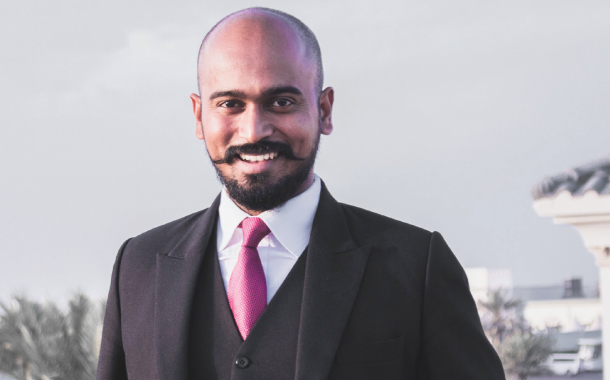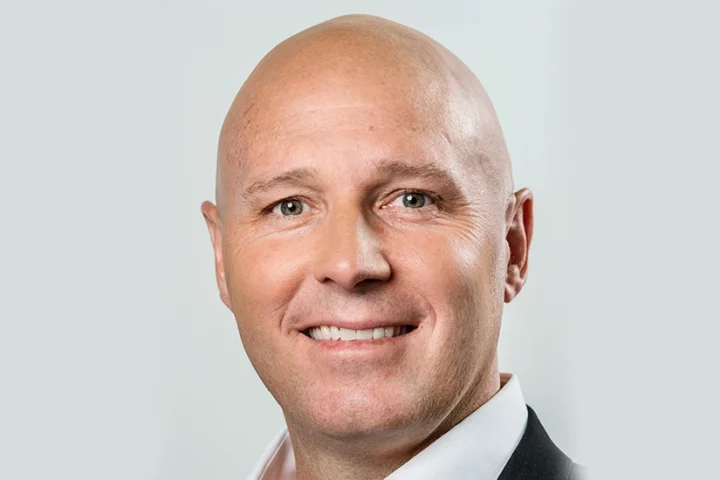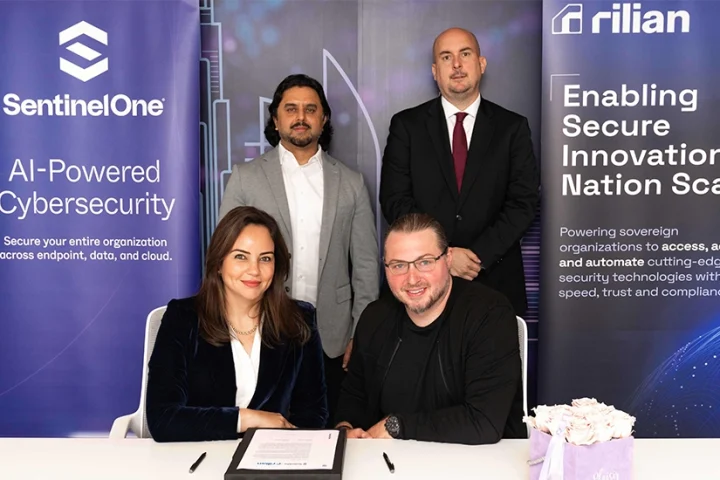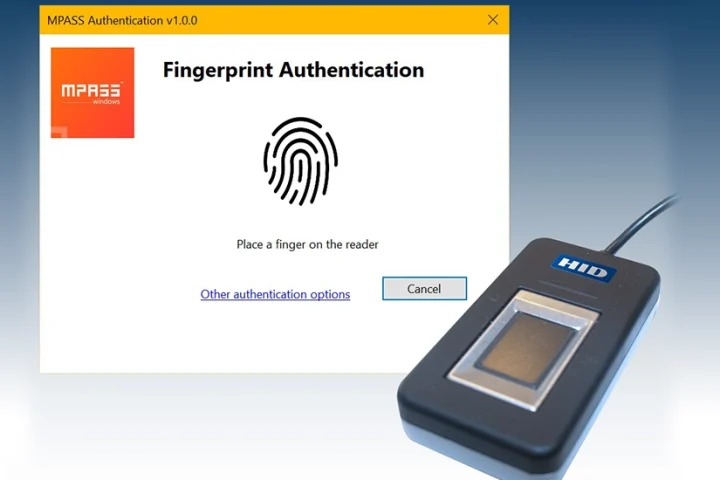What is your channel strategy for the Middle East region? How do you cover this huge geography?
Our channel strategy is two-fold with fundamental goals of gaining adequate market coverage and ensuring targets are being met or exceeded year on year. The strategy leverages opportunistic partners for breadth and nurtures strategic partners for depth.
At the product level, a bespoke channel is built across each Middle East country and managed by our team of experienced Regional Product Managers for each vendor in our portfolio. This is an ongoing exercise.
At the organization level, we started launching our strategic partnership program in phases with a handful of strategic partners in each of our target markets. Partners in this program are fully committed to succeeding together and growing our respective businesses.
Furthermore, our on-the-ground sales and technical resources in key markets including UAE, Saudi Arabia, and Kuwait help acquire and effectively manage partners within their markets.
What is the state of Channel Partner Network in the region? How have you managed to remain focused in a rapidly evolving region like the Middle East?
We transact with over 450 channel partners across the Middle East and the number is growing. However, roughly only 10% of those partners are strategic to us and are part of our strategic partnership program already launched in our Tier 1 markets and being launched in our Tier 2 markets within the next quarter.
From a vendor’s perspective, we have always been and will continue to be 100% focused on cyber security products, solutions and services. We are known for proactively solving emerging cyber security challenges by introducing business–enabling vendors to our region.
From a reseller’s perspective, we share qualified opportunities, provide resources, co-drive effective market development and offer unparalleled commitment. So, we are their focused and preferred partner.
Most importantly, our direct touch advisory engine keeps our 750+ customers abreast of the latest developments in the cyber security space and helps prepare and execute their cyber security roadmap.
With the channel partner market constantly evolving, what are the key elements that a partner should incorporate?
Incorporating the 4Ps – in-demand Products, qualified People, practical Processes and dynamic Profitability options – are crucial for any channel partner to evolve, differentiate and stay ahead of their competition.
To elaborate, channel partners need to:
- Feel the pulse of the market and its changing dynamics frequently to know what products to position proactively to be differentiated;
- Invest frequently into qualified sales and technical resources to increase market outreach and projects’ success;
- Devise proactive go to market strategies built on a selection of vendors that are aligned to the regional needs/demands;
- Include or increase professional services and managed services capabilities to help achieve higher profit margins.
What are the biggest challenges that the Middle East channel partners are facing?
- Delayed payments from customers lead to delayed payments to vendors/distributors thereby causing a bottleneck in the financial relationship;
- Increased competition on every opportunity due to the large number of vendors and resellers operating in a market with limited number of customers/prospects;
- Many existing and new vendors are trying to tap into the same pool of resellers thereby diluting or convoluting their focus;
- Dependency on commoditized technologies is decreasing profitability;
- It’s hard for many to change the organizational mindset from being stuck in a traditional capex resale model to evolving into cloud, opex and subscription models;
- Lack of investment into value added services / resources is restricting them to primarily depend on fulfilment with very thin margins.
Now-a-days, vendors are demanding more from channel partners. How challenging is it to keep up to their expectations?
Vendors’ primary expectation from partners is to move from a dependent fulfilment model to a proactive opportunity creation and revenue generation model.
Partners focused on being value-added resellers (VARs) and covering the 4Ps highlighted earlier don’t find this expectation demanding or challenging. In most cases they are preferred partners to vendors.
However, partners who are stuck in a fulfilment mindset with commodity products will find it difficult to match vendors’ expectations as they are unwilling or slow to change their approach and mindset.
As a value-added distributor, we balance the expectations of our vendors and partners in an unbiased fashion to ensure both parties are delivering on their parts of the bargain respectively.
How are you adding value to your vendors whose products you represent?
As a Disruptive Distributor, our vendors embrace us as an extension of their core team in regions/countries they need access to, as opposed to a traditional box-moving distributor. This key differentiator coupled with our enduser advisory role enables deeper penetration into markets/customers and the tag of ‘preferred security partner’ makes us a partner of choice for our vendors.
To ensure ultimate value to our vendors, we invest regularly in highly qualified teams covering a gamut of necessary functions – product management, channel, marketing, account management, pre-sales, post sales and technical support.
How do effective partner programs help you grow your business?
Partner programs are instrumental in increasing our market outreach and generating higher revenue. We fully understand and appreciate that partners are integral to scale our business across our target markets and we cannot do it alone.
We use our strategic partnership program to encourage partners’ commitment, devise joint business plans that involve integration of teams with a one-team working model and achieve incremental value creation and faster business growth.
Our program proactively covers the 4 most important things most partners expect:
- Experienced technical resources from the vendor or distributor during the initial days;
- Product training and technical enablement for the partner’s resources to help build their internal capacity;
- Flexible prices and terms along with rebates at the organization level or incentives at the sales team level.
- Passing of qualified customer opportunities for the technologies they choose to align with
If could you improve one thing in the channel business, what would that be?
Commitment. Getting partners to formulate or agree to business plans around a vendor is very difficult as many partners are opportunistic in nature or prefer being a fulfilment partner without focus.
Getting the partners to commit to business plans and execute it effectively allows for a better business relationships, enabling the partners to position focused technologies better, gain product expertise, enhance vendor relationships and ultimately lead to greater revenue and profitability.
Hence our strategic partnership program focuses on driving such commitment from partners.
What products or technologies should the channel watch out for this year?
Digital transformation and emerging technologies such as internet of things (IoT), artificial intelligence (AI), machine learning (ML), blockchain and fintech have become key drivers of the regional economy. Governments and the private sector are investing heavily in these areas.
Securing these areas and ensuring availability of services enabled by them will be of paramount importance.
Therefore, from a security perspective, next-gen security operations, proactive threat hunting, AI and ML powered security, IoT security and ICS security are amongst those to watch out for.
How are you raising your brand across this region?
Marketing is the lifeblood of our business, so we invest heavily in end to end marketing ranging from email campaigns and newsletters to events and roadshows, managed by our experienced marketing team.
A key driver of raising our brand is our focus on providing high level and frequent thought leadership via various channels as well as launching and leading unique experiential training in the region.



















